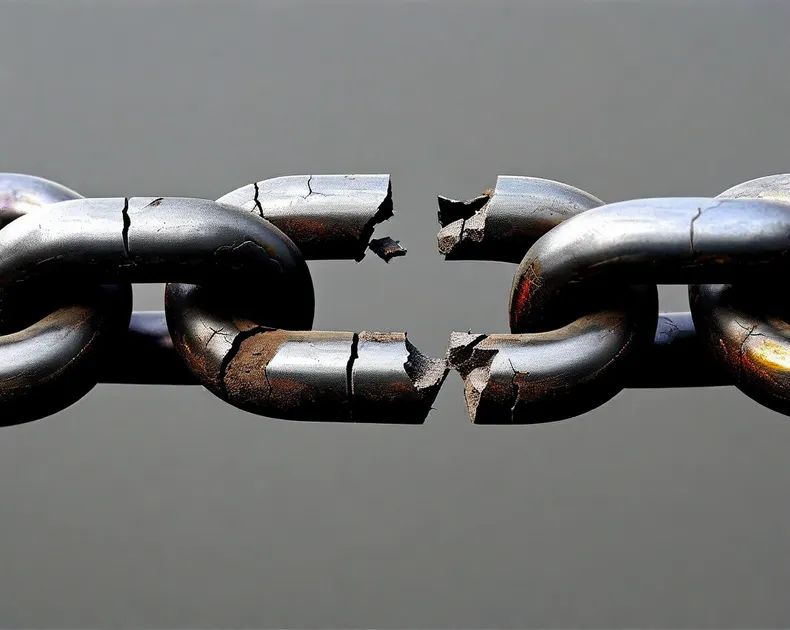Ready to get started?
No matter where you are on your CMS journey, we're here to help. Want more info or to see Glide Publishing Platform in action? We got you.
Book a demoAI and Big Search is staring at more of your revenues to boost its own by absorbing affiliate links into its Answer Engines, attacking another pillar keeping publishers afloat.
Grizzled veterans of trying to make money from publishing - all of us that is - will recall that at the back end of 2024, Google introduced an update to their site reputation abuse policy.
In the unbearably high-handed manner that is both their calling card and the truest manifestation of how they regard our industry, Google started hammering away at one of the pillars keeping publishers in the game: affiliate links.
Well aware that people were making money via search without Google getting a cut, they dressed up what was always a long- term revenue grab as instead something to protect users. Suddenly, sites found that affiliate content, whether or not it involved first party participation by the customer, was regarded as spam, and would be dealt with as such by Mountain View.
To quote: "Site reputation abuse is the practice of publishing third-party pages on a site in an attempt to abuse search rankings by taking advantage of the host site's ranking signals."
"Oh" said absolutely no-one in the publishing industry, "it's lucky we have Google to prevent us from devaluing our product - the one we spend our lives building and care about more than anything else! Without their kind and gentle mentoring, we'd fill our pages with utter crud, like orangutans on acid."
That isn't to say that there wasn't abuse of some domains, with affiliate content stretched so far from the site's main purpose that they were always going to get into trouble. Yet so many publishers who regarded their users as customers, and customers they wanted back, pushed no such abuse envelope, and were directly involved in producing quality affiliated content that created no such commercial chasm. Because they cared about their product.
The effects of this change were felt quickly. Back in December, renowned deep sea SEO diver Barry Adams told UKPG that searches for commerce-related queries had "drastically changed, and often not for the better" since Google implemented penalties.
"Rather than affiliate content that’s professionally written and vetted by a publisher, many search results are now dominated by absolutely awful content that’s mass produced and likely AI generated. It hasn't made Google search any better," he said.
Sites affected by the change included some big hitters such as Forbes and the WSJ, but doubtless also included many less able to absorb such a revenue loss.
The assault continues
Fast forward to now, and while not being much of a conspiracist myself, it's hard not to tie together what happened back then with what is happening currently. As evidence I offer up the following headline: "Google AI Overviews 'leading to affiliate revenue drop of 20-40% at some publishers'."
Affiliate marketing expert Paul Cunliffe told UKPG's Future of Media Trends event that "Google’s AI Overviews have "reduced traffic considerably to buyer’s guides and review content", adding that an effect of "as much as maybe 50% in some cases".
So first they make the affiliate game very hard to play indeed, and then they further reduce the playing field.
There's no doubt that the strategy to monetise AI search involves serving all such links directly themselves, next to the GenAI content they've largely looted as training data from people who haven't been paid for it.
As a colleague noted, "they were always after the shopping". It's the same with OpenAI.
Here in the UK, we are hoping that the recent designation of Google as having "strategic market status" may see their market power curbed, but it's not happening tomorrow.
At least the idea that Google is the internet, formed back when it was simply the best indexing system out there and improved accessibility manifold, is now rapidly withering. Every action they take is now one of platform politics and control - when they talk of "parasite SEO", a question might be who the parasite is.
Goodwill is gone. And they are not the internet. We are.
No matter where you are on your CMS journey, we're here to help. Want more info or to see Glide Publishing Platform in action? We got you.
Book a demo